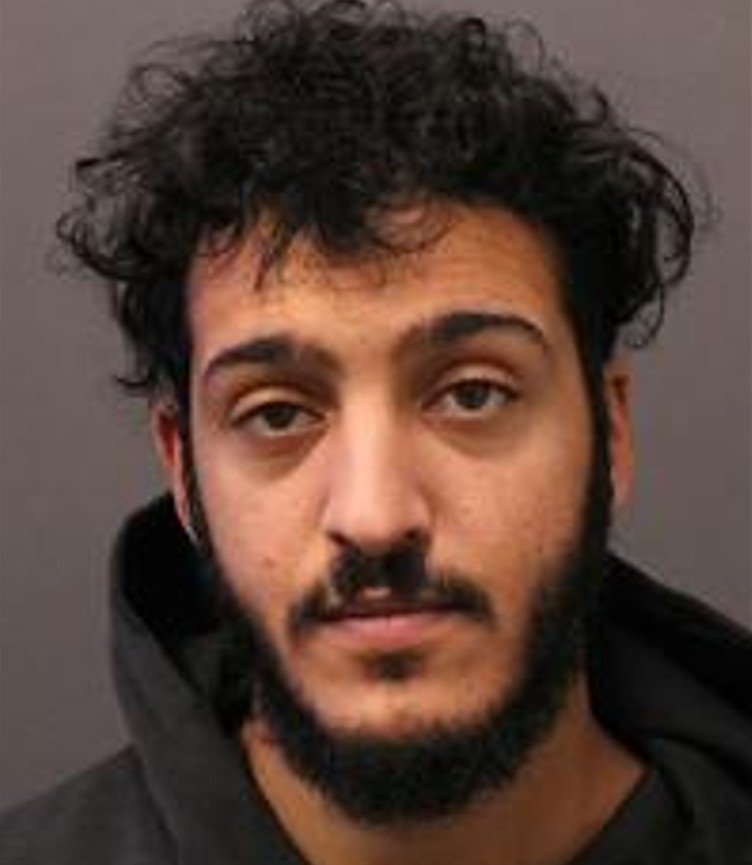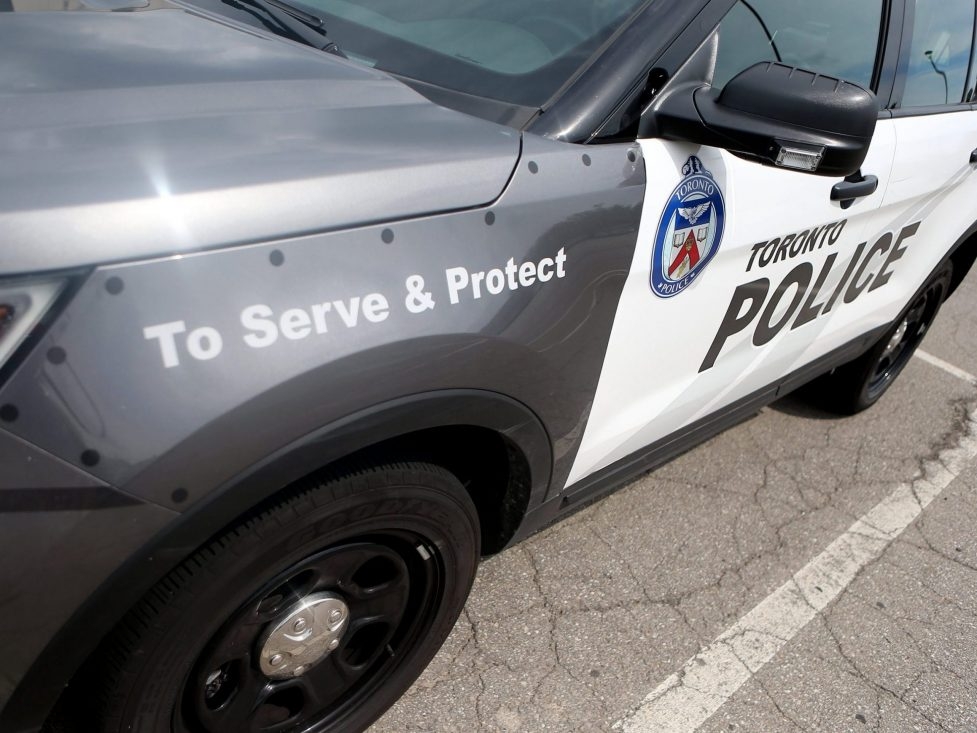The name Qabil Ibrahim surfaced again, seven months after initial charges were laid. This time, he’s accused of crashing a private event featuring an Israeli soldier, a development that sent a ripple of recognition through those who had followed his case.
Jonathan Karten, an Israel Defense Force soldier, immediately identified Ibrahim as the individual from a previous encounter on Elm Street. Speaking to colleagues in Tel Aviv, Karten expressed relief at the arrest, referring to Ibrahim as the “sixth person” allegedly involved in escalating tensions.
While these are allegations yet to be proven in court, Ibrahim’s history with Toronto Police is established. He previously faced charges related to an alleged arson incident involving the burning of an Israeli flag at a busy downtown intersection.
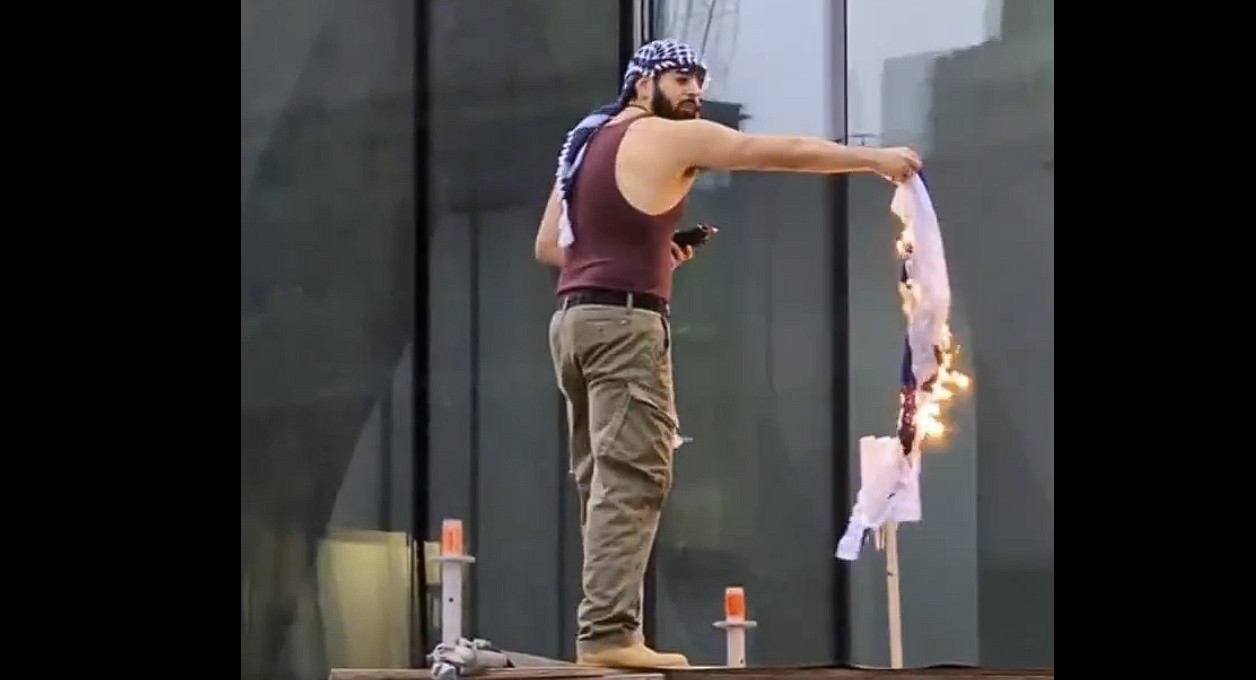
The recent arrest stems from an event hosted by Hillel for Toronto Metropolitan University students on November 5th. Police allege Ibrahim was part of a group that forcibly entered the private, off-campus location, resulting in multiple charges including assault and mischief.
Karten, the soldier at the center of the November 5th incident, sustained injuries during the confrontation, including a stab wound inflicted with a drill bit. He also reported witnessing another individual suffer a seizure amidst the chaos.
Upon returning to Israel, Karten was met with widespread praise for his actions, hailed as a hero by many for defending the students. While some criticized his forceful removal of protesters, those involved maintain he acted decisively in a volatile situation.
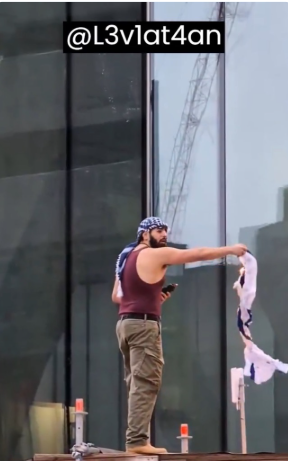
The incident has sparked a broader conversation about security and the protection of Jewish communities. Karten believes Israel has a responsibility to support Jews in the diaspora, and that those facing threats should either defend themselves or return to Israel.
The events of November 5th evoked unsettling parallels to historical persecution, described by some as a modern-day pogrom. A group of masked protesters allegedly targeted a private event intended to provide a platform for an Israeli soldier to share his experiences.
Karten’s response – physically removing the protesters – drew both condemnation and support. However, authorities affirmed his right to defend the event and the individuals within, emphasizing the illegal nature of the intrusion.
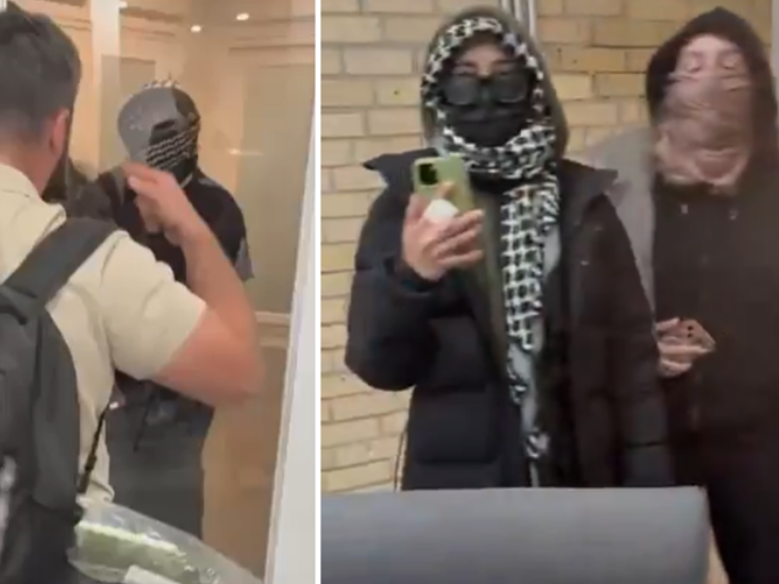
A critical line had been crossed when the demonstration moved from public space into a private location. Police noted the difficulty in laying charges against protesters on sidewalks, but the breach of private property presented a clear legal violation.
Karten vehemently rejects claims of genocide in Gaza, stating he witnessed firsthand the efforts made to distinguish between combatants and civilians during his service. He expressed disappointment, but not surprise, at the attack, linking it to what he calls “blood libels” perpetuated by political figures.
He specifically criticized Mayor Olivia Chow’s earlier statements regarding Israel’s actions in Gaza, labeling them as false and inflammatory. Karten insists his experiences on the ground contradict the narrative of widespread civilian targeting.
The incident has ignited a fierce debate about free speech, security, and the rising tide of antisemitism. It underscores the urgent need for clear consequences for those who resort to violence and intimidation, and for a more nuanced understanding of the complex issues at play.
Beyond the immediate charges, the events in Toronto raise profound questions about the safety of Jewish students and communities, and the responsibility of leaders to address hate speech and protect vulnerable populations.


